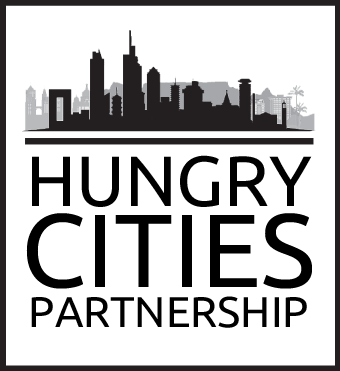Document Type
Hungry Cities Report
Publication Date
2019
Department
Balsillie School of International Affairs
Abstract
This report on the informal food sector in Cape Town is the third on the city’s food system published by the Hungry Cities Partnership in collaboration with the African Centre for Cities at the University of Cape Town. The earlier reports provided background and context on the nature of the food system (Haysom et al 2017) and the importance of the informal food sector in household food consumption (Crush et al 2018). Additional context is provided by HCP Discussion Paper No. 23, which situates this research in relation to literature on the South African informal economy in general, and the informal sector in Cape Town in particular (Tawodzera 2019). The importance of the informal food sector to Cape Town’s food system is demonstrated by the HCP’s household survey, which found that that spaza shops (informal convenience stores) are patronized by 62% of Cape Town households, followed by street vendors at 48% (Crush et al 2018). An earlier study found that 65% of households in low-income neighbourhoods patronize informal food vendors (Battersby et al 2016).
Recommended Citation
Tawodzera, Godfrey and Crush, Jonathan, "No. 16: Inclusive Growth and the Informal Food Sector in Cape Town, South Africa" (2019). Hungry Cities Partnership. 40.
https://scholars.wlu.ca/hcp/40
Included in
Food Studies Commons, Human Geography Commons, Politics and Social Change Commons, Urban Studies and Planning Commons


